The Illuminati: Puppet Masters of Our World?
The Illuminati, a term that evokes images of power, secrecy, and conspiracy, has fascinated humanity for centuries. Originating in the late 18th century, the notion of an elite group controlling world affairs has evolved into a captivating narrative woven into contemporary culture. To understand the intricacies of the Illuminati, it is essential to explore its historical roots, key figures, conspiracy theories, and its impact on modern society.
Historical Background
The Bavarian Illuminati was founded on May 1, 1776, by Adam Weishaupt, a German philosopher and professor of canon law at the University of Ingolstadt. Weishaupt’s goal was to promote Enlightenment values such as reason, secularism, and liberty against religious and political oppression. The Order’s structure consisted of a hierarchical system with three main degrees, which were further divided into various grades.
The Illuminati attracted prominent intellectuals and revolutionaries of the time, including politicians and influential figures from various sectors. The group’s ideology leaned heavily towards rationalism and skepticism of established institutions, particularly the church and monarchy. Despite its rapid growth, the Bavarian Illuminati was suppressed by the Bavarian government in 1785, leading many to believe that it had been eradicated. However, this suppression catalyzed the mythos surrounding the organization, transforming it from a short-lived sect into a subject of enduring fascination.
Evolution of the Illuminati Myth
In the aftermath of the French Revolution, the Illuminati’s name became intertwined with political turmoil, as conspiracy theories flourished around the idea that a shadowy elite was manipulating global events. By the early 19th century, texts like “Proofs of a Conspiracy” by John Robison and “Memoirs Illustrating the History of Jacobinism” by Abbé Barruel linked the Illuminati to various revolutionary movements. This propagation of conspiracy theories set the stage for widespread speculation about the organization’s continued existence and influence.
In popular culture, the Illuminati has evolved from a historical secret society into a symbol of hidden power. Films, books, and music have contributed to the narrative, often portraying the Illuminati as puppet masters controlling governments, economies, and even global events. This shift has blurred the line between fact and fiction, enthralling audiences while fueling paranoia about the potential for elite manipulation.
Conspiracy Theories
Theories surrounding the Illuminati are as varied as they are intricate. One of the most pervasive claims is that they control major world events, from wars to economic collapses. Adherents of this theory often cite events such as the assassination of President John F. Kennedy or the September 11 attacks, positing that a global elite orchestrated these occurrences to further their agenda.
Another common narrative is that the Illuminati infiltrate and control influential institutions—government bodies, financial sectors, and even religions. Claims of high-profile politicians and world leaders being “Illuminati puppets” serve as a vehicle for constructing a worldview where power is concentrated in the hands of a few. This leads to the belief that substantial global issues such as climate change, humanitarian crises, and social unrest are strategically manipulated to consolidate power.
The entertainment industry has also been implicated in the alleged workings of the Illuminati. Celebrities like Beyoncé, Jay-Z, and Lady Gaga are often accused of promoting Illuminati symbolism through music videos and public appearances. These connections are typically supported by perceived symbolism, such as the “All-Seeing Eye” or the Pyramid associated with the dollar bill, leading to speculation that these stars are either agents of the Illuminati or unwitting participants in a larger agenda.
The Modern Representations
While the Illuminati began as a historical society, it has morphed into a cultural phenomenon. The rise of the internet has drastically affected how information, including conspiracy theories, is disseminated. Social media platforms allow for rapid sharing of theories, new interpretations, and even the creation of fictional narratives that blend reality and speculation.
Websites and forums dedicated to conspiracy theories have given rise to an extensive community of believers, who dissect news articles, analyze political events, and connect various cultural phenomena to the Illuminati. This oftentimes mirrors the “echo chamber” effect, reinforcing preexisting beliefs and generating further conspiracy theories.
Moreover, popular media has integrated themes of the Illuminati into mainstream narratives, resulting in movies like “The Da Vinci Code” and series such as “National Treasure” capturing public imagination. These narratives often romanticize the concept of secret societies and their historic ties to monumental events, which, while entertaining, further blur the lines between history and fiction.
Analyzing the Belief System
The belief in the Illuminati and its supposed influence can be viewed through several psychological and sociopolitical lenses. Supporters often seek patterns in complex global systems, where the search for explanations offers comfort amid chaos and uncertainty. Conspiracy theories provide a captivating narrative that addresses fears regarding loss of control, powerlessness, or disenfranchisement, particularly in a rapidly changing world.
Moreover, the allure of “knowing the truth” and sharing exclusive information fosters a sense of community among believers. The structure of these conspiracies often parallels traditional religious or spiritual beliefs, providing adherents with a moral narrative about good versus evil, further strengthening their commitment to these ideas.
The Thin Line Between Fact and Fiction
The modern perception of the Illuminati prompts critical discussions about the nature of conspiracy theories in contemporary society. While skepticism of power is healthy and rooted in legitimate concerns, the proliferation of misinformation poses significant challenges. The intertwining of historical facts with speculative narratives has led to a public skeptical of genuine institutions—media, government, and science—culminating in a crisis of trust.
To discern fact from fiction, education coupled with critical thinking is imperative. Engaging with a diverse range of perspectives, fostering open dialogues, and applying analytical rigor can help individuals better navigate the complex landscape of information in the 21st century.
The Social Impact of Illuminati Narratives
The narratives surrounding the Illuminati extend beyond mere fascination; they carry tangible social implications. Fear and distrust in institutions can lead to political apathy or extremist ideologies, as people search for scapegoats for their grievances. Furthermore, these narratives can foster xenophobia or promote division, leading to a hostile environment labeled as “us versus them.”
Additionally, the focus on hidden elites may divert attention from legitimate discussions about wealth inequality, corporate influence in politics, and social injustice, thereby undermining potential grassroots movements advocating for genuine change.
Conclusion on the Idea of the Illuminati
The idea of the Illuminati persists as a multifaceted phenomenon, intertwining historical facts, cultural myths, and modern anxieties. Whether viewed as puppet masters of our world or simply a fictional construct, the narrative has influenced societal perceptions of power, governance, and the pursuit of truth. As debates surrounding the Illuminati continue to resonate, it invites introspection on how we engage with information and what it means for our understanding of reality.
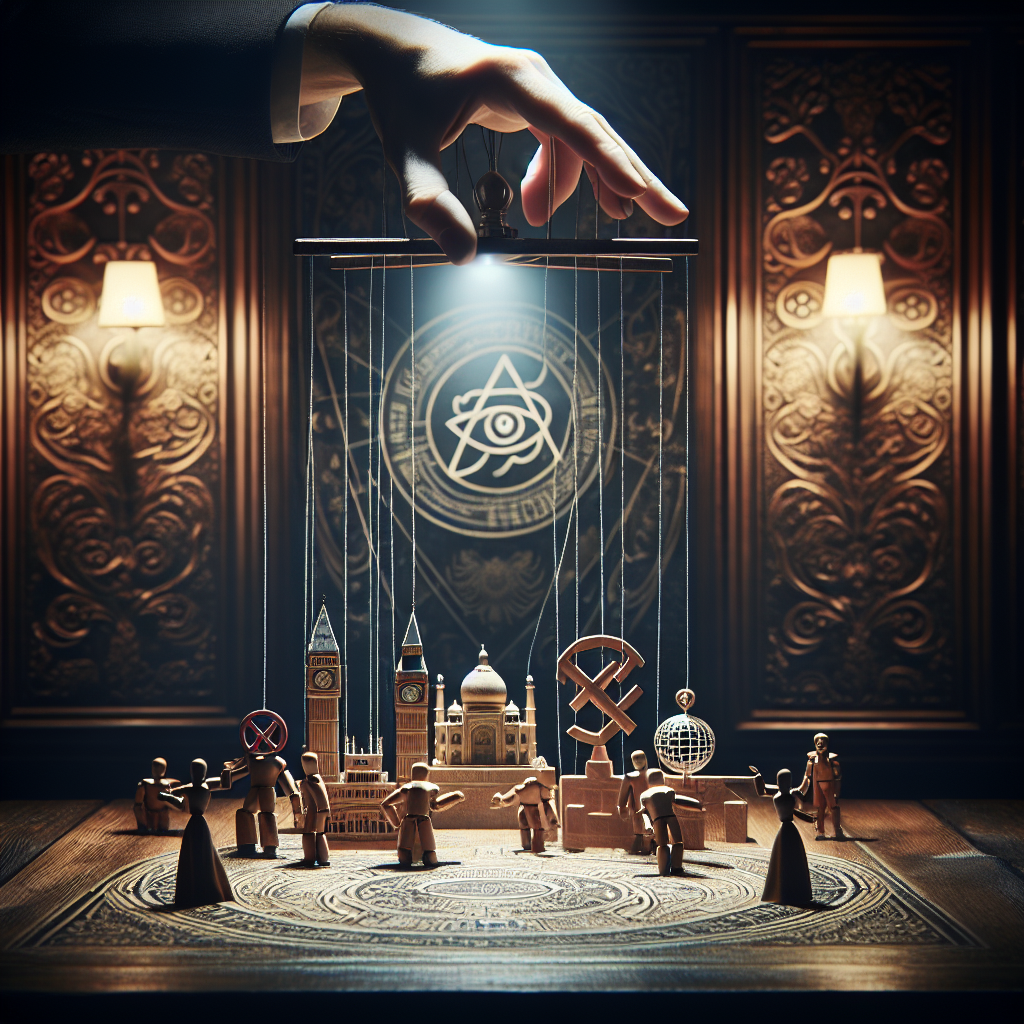
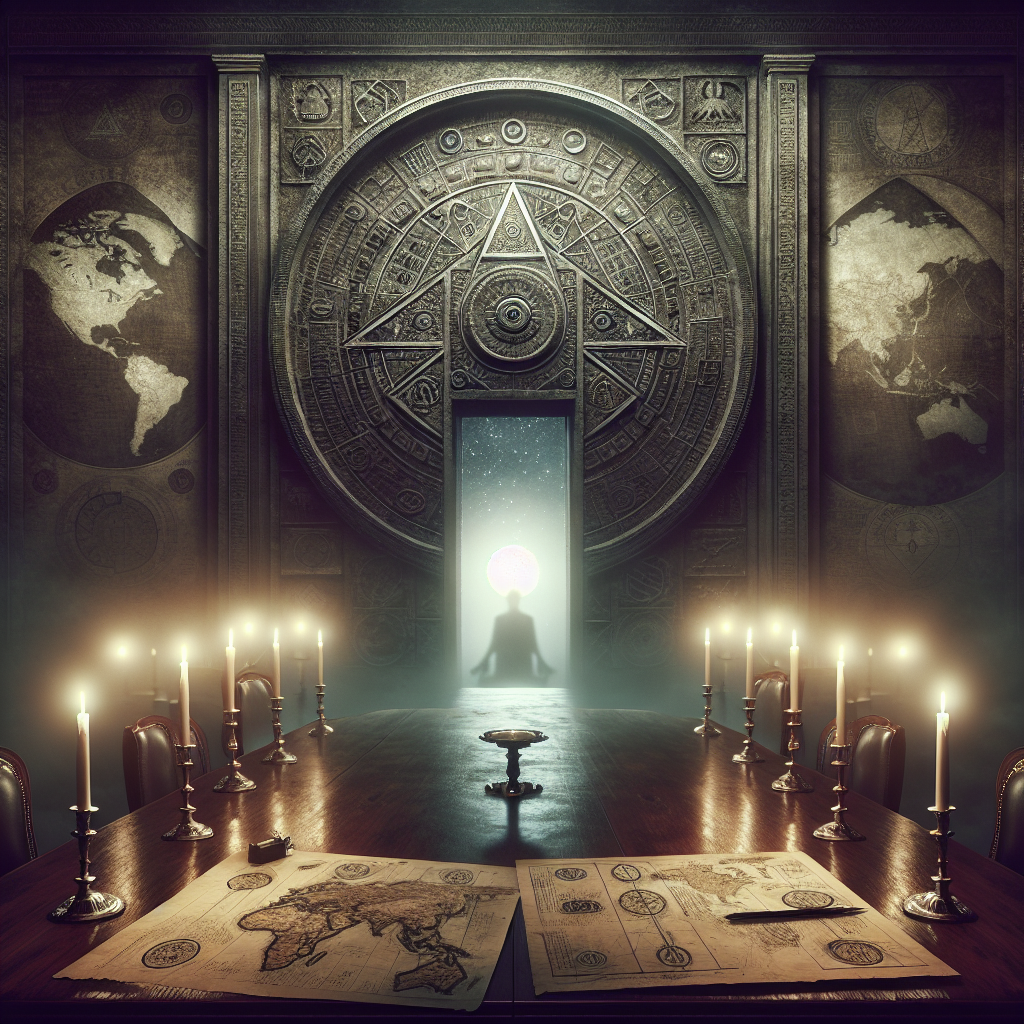

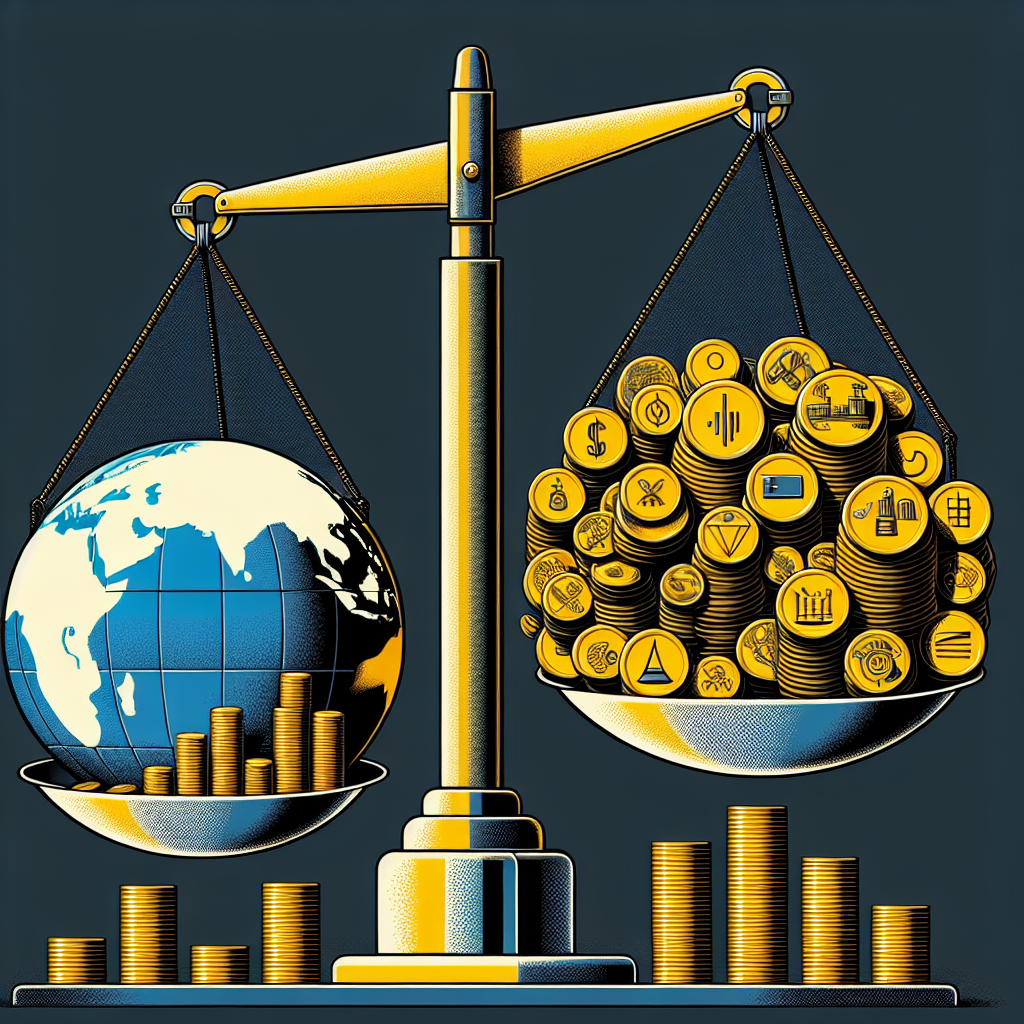
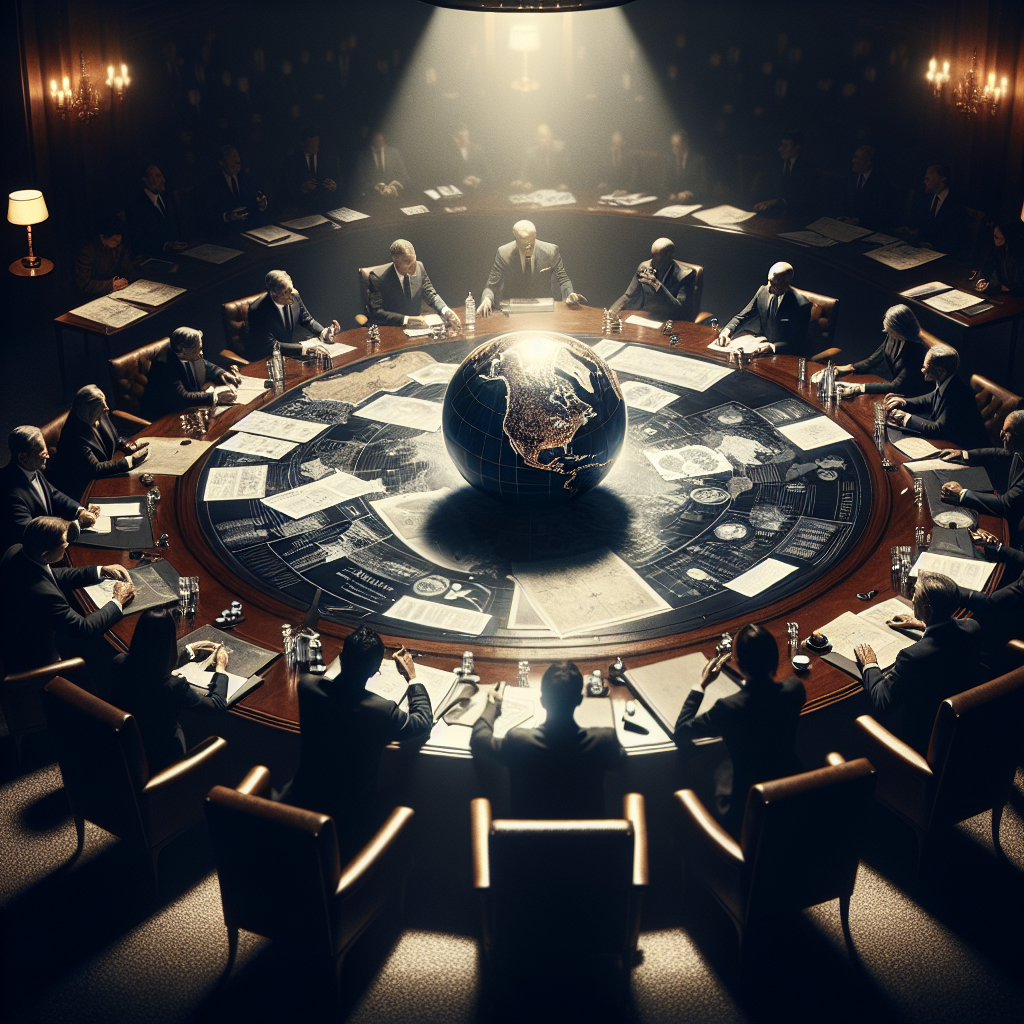
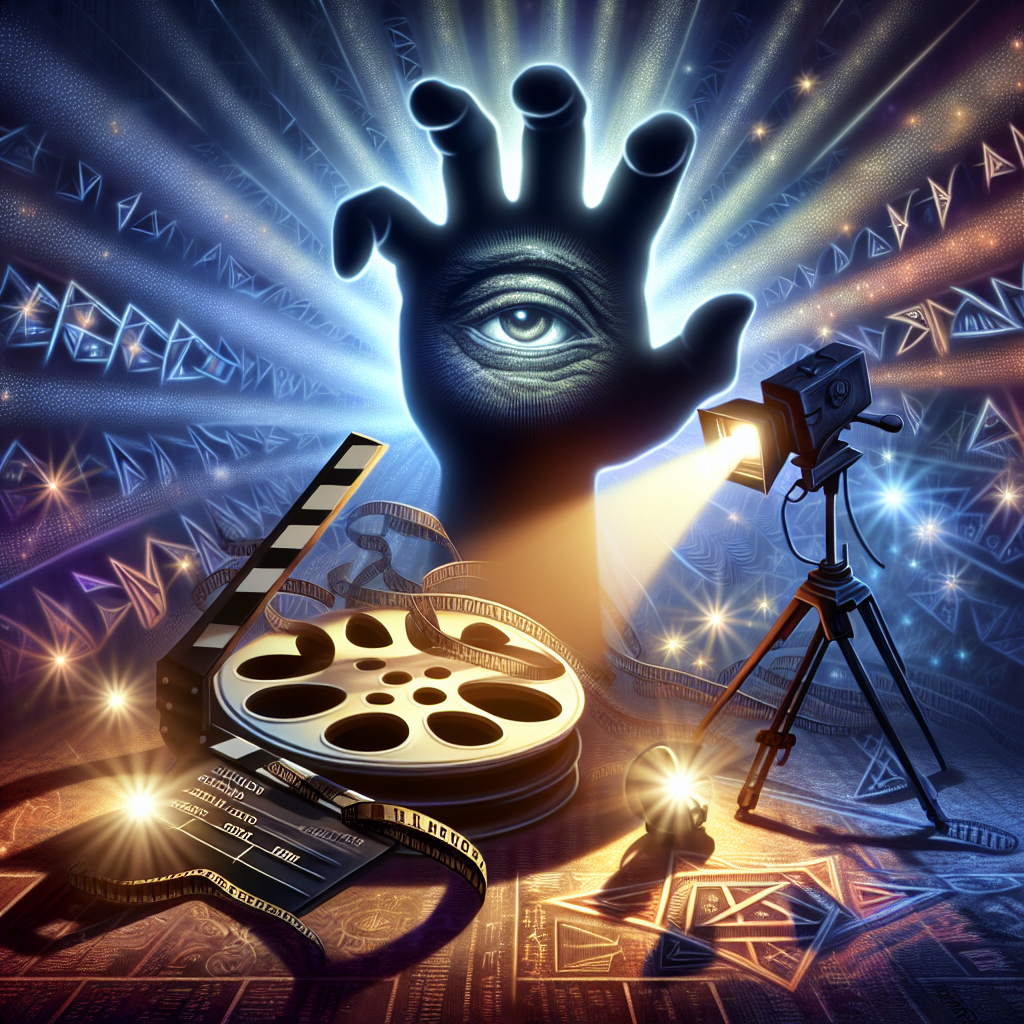
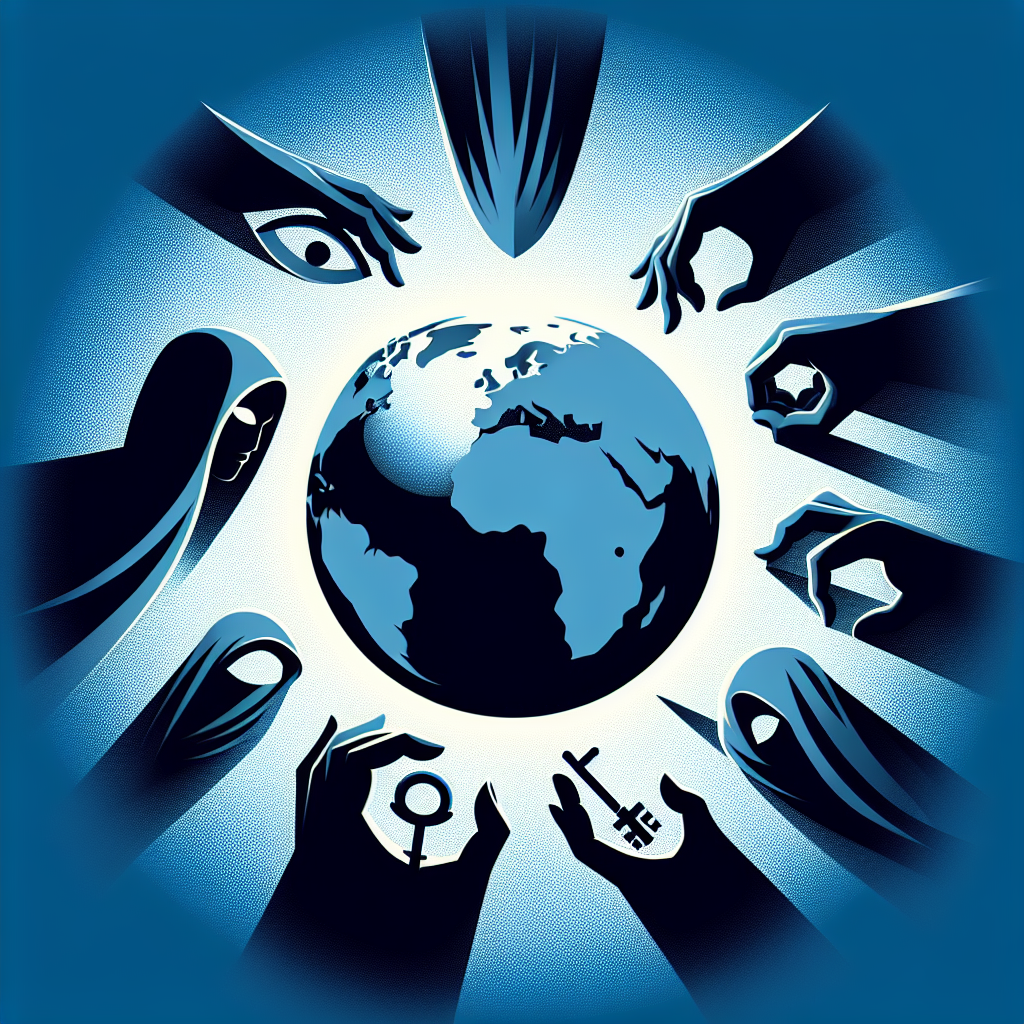




Leave a Reply